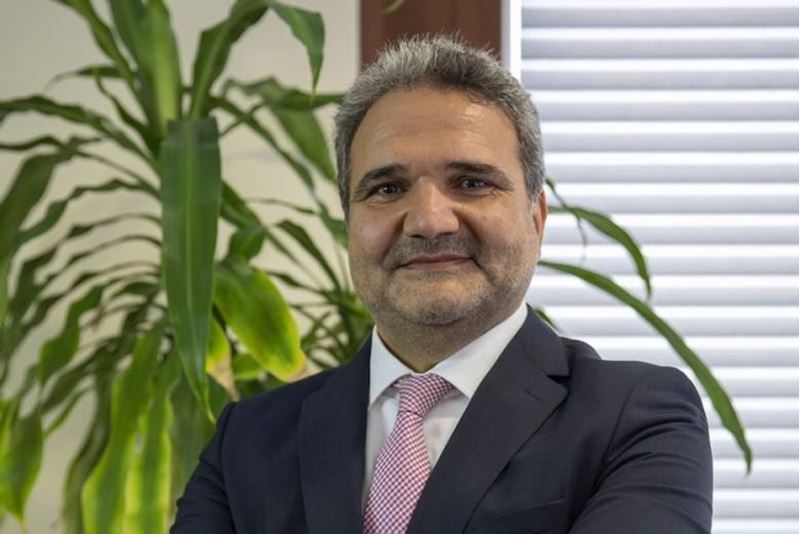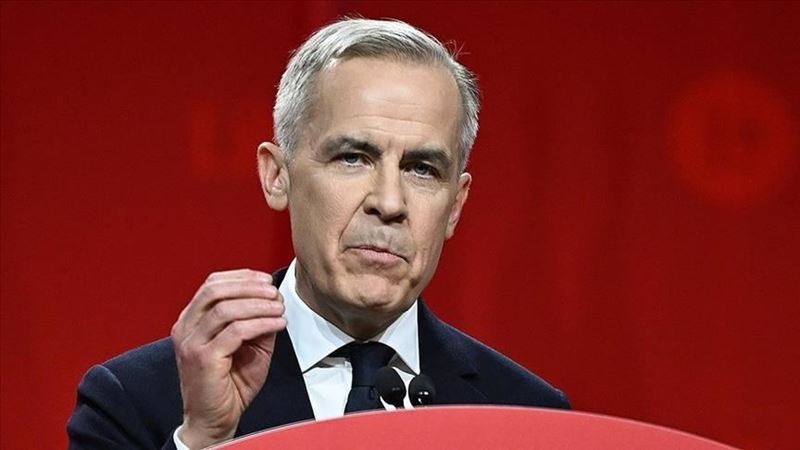Volkan Bozay pointed out that in a country where urban transformation is taking place and cement is used so intensively, adapting to this transformation is directly related to development.
Speaking at the meeting organized by the Istanbul Chamber of Industry (ISO) with the theme "Agenda for Climate-Changed Production and Trade: EU Border Carbon Regulation Mechanism", Volkan Bozay, CEO of TÜRKÇİMENTO, said: "Low carbon production is a development model; therefore, all sectors need to make the transformation."
The European Union Border Carbon Regulation Mechanism (BCRM) will enter into force on October 1, 2023. The CCSM will initially apply to imports of certain goods and selected intermediate goods whose production is carbon-intensive and whose risk of carbon leakage is the highest. These are cement, iron and steel, aluminum, fertilizer, electricity and the recent addition of hydrogen.
Free allocation is an incentive for those producing with low carbon burden
Volkan Bozay reminded that within the scope of the Emission Trading System in the European Union, an economic balance has been created by giving free allocations to the cement sector and approximately 50 other sectors since 2005, and continued as follows:
"Free allocation is not an exemption. It is an incentive for factories that produce with low carbon load. In 2026, the free allocation applied to the cement producer in the EU will also be applied to the imported product. This allowance will gradually decrease for the EU producer and the importer. In 2034, with the complete abolition of free allowances in the EU, a carbon price will be paid for the entire carbon load in the exported product. In other words, the carbon price that the importer will pay for the product will gradually increase. However, it is expected that a larger portion of our exports will be affected over time by the carbon clubs related to the expansion of the scope of the SDCC, which is on the agenda of the US and other developed countries and will gain a global dimension.
Transition to low-carbon cement production is important
Underlining that it is important for our sector to transition to low-carbon cement production in order to reduce the effects of SDCC, Bozay said, "If an emission trading system fully compatible with the European Union is established in our country, assuming a carbon price of 100 Euros/ton CO2, an additional carbon cost of 15 to 80 Euros will have to be applied to products in the domestic market gradually after 2026. This would have a negative impact on the end consumer."
Without alternative fuels, it is very difficult for us to move forward
Stating that the cement industry is in close cooperation with the public sector to increase the consumption of low-carbon cement in the domestic market, Volkan Bozay said, "Our goal is to enable the use of this type of cement in public tenders. It is very difficult for us to move forward without alternative fuel, which has an important place in the circular economy for low-carbon production. Until sufficient alternative fuel is produced in our country, the sector can be paved in the short term by allowing the import of alternative fuels that meet the standards. On the other hand, emission trading systems should primarily support producers to make their own green investments. TÜRKÇİMENTO is allocating energy and resources to initiate studies. However, larger resources are required for pilot and/or industrial scale studies."









Comments
No comment yet.